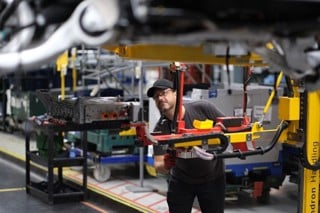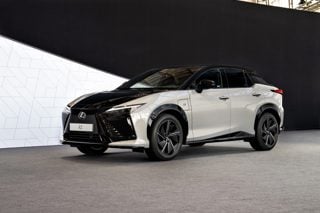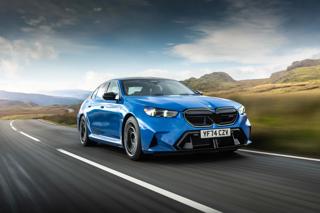A new car-sharing model is being tried out in Germany, linking BMW with a car club in a bid to offer fleets a new concept in vehicle hire.
Called DriveNow, the venture with Sixt AG was launched in Munich in April and now looks set to be rolled out in Berlin.
If successful, BMW is thought likely to extend it to other markets, with the UK a prime candidate.
DriveNow follows a conventional car club model but with exclusivity to BMW cars. Vehicles are hired and dropped off at the customer’s convenience.
Offered under the new BMW sub-brand BMW i, the service will allow customers to find vehicles via the internet, a smartphone app or even at the roadside, meaning they can be used without advance booking.
Options include the BMW 1 Series and the Mini Cooper, with an initial fleet of 300, while DriveNow plans to add electric vehicles in the future.
The system is keyless. The vehicles can be opened and closed with a chip on a driving licence and activated by pressing the start button.
Ian Robertson, a member of BMW AG’s board of management for sales and marketing, said: “There is a growing demand for flexible mobility products in urban areas.
“DriveNow’s premium car sharing services are aimed precisely at this gap in the market.”
However, UK car clubs may be cautious of such an exclusive link-up.
Chas Ball, chief executive of the charity CarPlus, which promotes car clubs and car sharing, told Fleet News: “We are not certain that car clubs would want a solo relationship with one manufacturer.”
Car clubs operate out of more than 45 locations across the UK and have a combined membership in excess of 110,000, according to the CarPlus annual survey.
But they have been looking beyond their initial core of private users to increase the number of businesses on their books.
Streetcar, a UK club which merged two years ago with its US subsidiary Zipcar, launched in 2008 Streetcar for Business.
Business accounts cost £99 per year, in addition to the normal pay-as-you-go charges, and allow staff access to all of the Streetcar fleet. Extra employees can be added to the account at a cost of £10 each.
To date, 2,768 businesses have signed up, out of a total membership of 70,000. Among them are Kellogg’s and Surrey County Council.
Surrey County Council’s link-up with Streetcar resulted in a cost reduction of 26% per mile driven by the local authority.
“It has helped us reduce transport costs and encourages our staff to walk to work or use public transport in the knowledge they have access to a car for business purposes,” said Kay Hammond, Surrey County Council cabinet member for Community Safety.
“It is helping us reduce our carbon footprint and ease traffic congestion.”
Car club business user Ian Grant, from Grant Thornton, is full of praise for the service.
“City Car Club is an excellent service. It is simple and efficient, and it can be tailored to be used exactly how you need it, as well as ensuring that you do your bit for the environment,” he said.
Construction giant Arup joined a car club to replace three pool cars when it moved its headquarters to Leeds city centre.
Arup had spent just over £17,000 operating a pool car system when all fuel, maintenance, parking, depreciation and administration costs were calculated.
However, in the first full year of using the car club total costs came to less than £5,000, meaning a saving of well over £12,000.
CarPlus says businesses using car clubs can cut administration and running costs, as well as dealing with grey fleet concerns.
Also, if employees have access to a car while at work, they may leave their own car at home and travel to work by public transport, freeing up parking spaces and reducing congestion.
Ball wrote a report last autumn for the Transform Scotland Trust that forecasts the rapid expansion of Scottish car club membership from 3,500 now to 25,000 by 2014-15.
By Deirdre Mason





















Login to comment
Comments
No comments have been made yet.